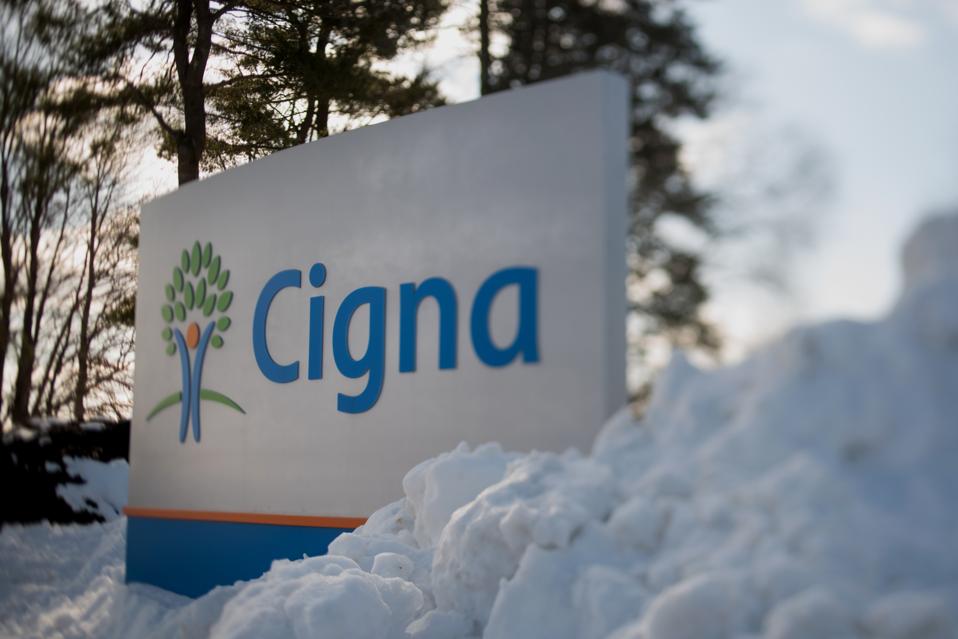GOP Budget Bill: Renewed Focus On Drug Middleman Reform

Table of Contents
Understanding the Role of Drug Middlemen in Rising Prescription Drug Costs
The current prescription drug supply chain involves numerous intermediaries, each adding layers of complexity and cost. These "drug middlemen" include Pharmacy Benefit Managers (PBMs), wholesalers, and others. Their practices significantly influence the final price consumers pay. Let's examine how:
PBMs, often subsidiaries of large insurance companies, negotiate rebates with drug manufacturers. While these rebates are intended to lower costs for insurers and patients, PBMs frequently retain a substantial portion of these rebates, rather than passing the full savings along. This practice contributes significantly to rising drug prices.
Another concerning practice is spread pricing. This refers to the difference between the amount PBMs pay pharmacies for medications and the amount they charge insurance companies. This spread can be substantial, representing a profit margin for PBMs that is not always transparent or justified.
Further complicating matters are DIR fees (Direct and Indirect Remuneration). These are retroactive fees imposed on pharmacies by PBMs, often unpredictable and based on performance metrics. These fees directly impact pharmacy profitability and can potentially limit patient access to medications.
- PBMs negotiate rebates with drug manufacturers, often keeping a significant portion for themselves. A recent study by the AARP found that PBM rebates often exceed the discounts passed on to consumers.
- Spread pricing: The difference between what PBMs pay pharmacies and what they charge insurers can reach hundreds of dollars per prescription, according to reports from the National Community Pharmacists Association (NCPA).
- DIR fees (Direct and Indirect Remuneration): These retroactive fees, often unpredictable and opaque, are a major source of financial instability for many independent pharmacies. The Kaiser Family Foundation has documented the negative impact of DIR fees on pharmacy profitability and patient care.
Key Provisions of the GOP Budget Bill Addressing Drug Middleman Reform
The GOP budget bill includes several provisions designed to address the problematic practices of drug middlemen. These provisions primarily focus on increasing transparency and limiting practices that inflate costs:
- Increased transparency requirements for PBM rebate negotiations and pricing structures. This would require PBMs to publicly disclose their rebate negotiations and pricing models, allowing for greater scrutiny and accountability.
- Restrictions or limitations on spread pricing and DIR fees. The bill aims to curtail excessive spread pricing and potentially ban or significantly restrict the use of unpredictable and retroactive DIR fees.
- Potential regulations on PBM contracting practices to ensure fair reimbursement for pharmacies. This would help ensure that pharmacies receive fair compensation for dispensing medications, preventing financial instability that could lead to reduced access to care.
- Increased oversight and accountability for PBMs. This could involve increased regulatory scrutiny, potential penalties for violating transparency rules, and a more robust oversight mechanism by government agencies.
While the specifics are still subject to debate and potential amendments, the bill demonstrates a bipartisan commitment to addressing the issue of drug middleman reform. While some have expressed concerns about unintended consequences, the general consensus points towards a need for greater transparency and accountability in the pharmaceutical supply chain.
Potential Impacts of the GOP Budget Bill on Patients and the Healthcare System
The potential impacts of this legislation are far-reaching. Successful drug pricing reform, as envisioned in this bill, could lead to:
- Lower out-of-pocket costs for patients. By reducing the influence of PBMs on drug pricing, patients may see significant decreases in their co-pays and other out-of-pocket expenses.
- Increased affordability of essential medications. Lower drug prices would improve access to necessary medications for individuals and families struggling with high healthcare costs.
However, potential drawbacks need consideration:
- Potential impact on pharmaceutical innovation (positive or negative). Some argue that reduced PBM rebates might reduce incentives for pharmaceutical companies to develop new drugs. Conversely, others believe increased competition and fairer pricing could stimulate innovation.
- Potential effects on pharmacy profitability and access to care. While the bill intends to protect pharmacies, unintended consequences could affect smaller, independent pharmacies, requiring further policy adjustments to ensure equitable outcomes.
Comparing the GOP Bill to Previous Attempts at Drug Middleman Reform
This isn't the first attempt at drug middleman reform. Previous legislative efforts have had varying degrees of success. Some focused solely on transparency, while others attempted more comprehensive reforms. This bill differs by combining aspects of previous attempts, aiming for a more holistic approach. Lessons from previous failures, particularly regarding enforcement and unintended consequences, are incorporated in the design and approach of the current bill.
Conclusion
The GOP budget bill's renewed focus on drug middleman reform represents a crucial step towards addressing the high cost of prescription drugs. Its key provisions, focused on transparency, accountability, and the regulation of problematic PBM practices, have the potential to significantly impact patient affordability and the overall healthcare system. While challenges and potential unintended consequences exist, the bill's emphasis on fairer pricing and greater transparency is a significant development in the ongoing struggle for affordable prescription medications. Stay informed about the progress of this crucial legislation and advocate for effective drug middleman reform to ensure affordable and accessible prescription medications for all. Learn more about the proposed bill and contact your representatives to share your opinion on drug pricing reform.

Featured Posts
-
 Corruption Scandal Threatens Colombias New Pension Law
May 13, 2025
Corruption Scandal Threatens Colombias New Pension Law
May 13, 2025 -
 I Need Elsbeth Season 2 A Look At The Unresolved Judge Crawford Storyline
May 13, 2025
I Need Elsbeth Season 2 A Look At The Unresolved Judge Crawford Storyline
May 13, 2025 -
 On This Day In 2024 Hit The Road Drax Sung At Protest
May 13, 2025
On This Day In 2024 Hit The Road Drax Sung At Protest
May 13, 2025 -
 Byd A Evropsky Trh Analyza Neuspechu A Strategie Pro Budoucnost
May 13, 2025
Byd A Evropsky Trh Analyza Neuspechu A Strategie Pro Budoucnost
May 13, 2025 -
 Investor Behavior In Leveraged Semiconductor Etfs A Case Study
May 13, 2025
Investor Behavior In Leveraged Semiconductor Etfs A Case Study
May 13, 2025
